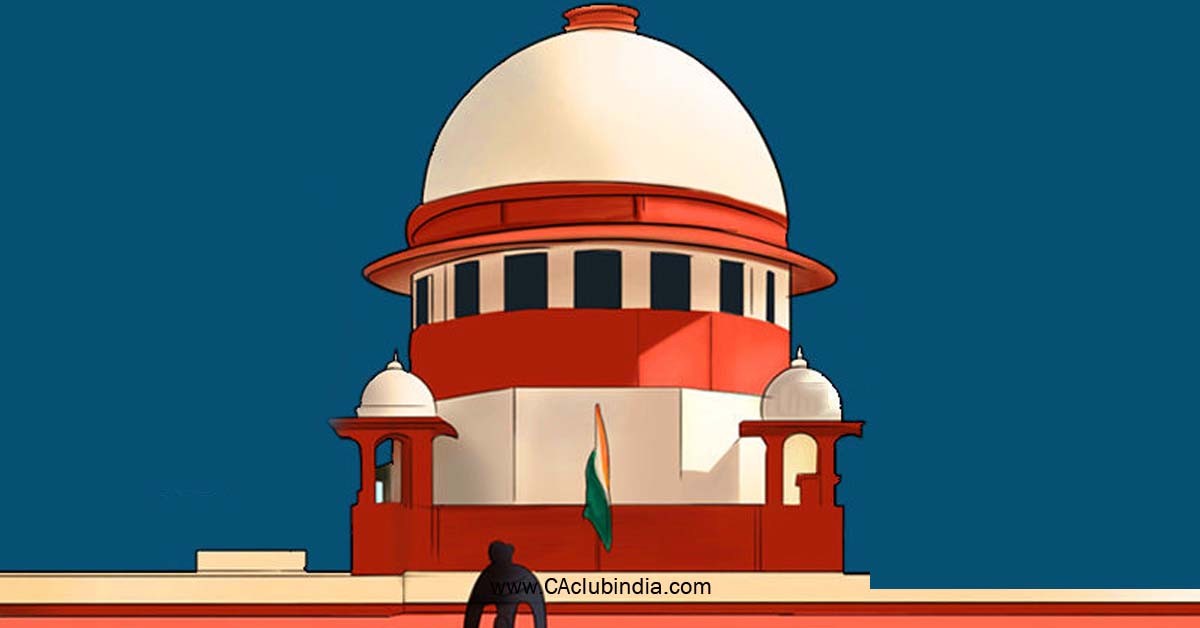The Supreme Court of India witnessed a significant legal debate on May 9th, 2024, concerning the legality of arrest powers granted to officers under the Customs Act and GST Act. The focal point of discussion was whether these officers are bound to adhere to the procedures delineated in the Criminal Procedure Code (CrPC), particularly in cases classified as non-cognizable offenses.
During the proceedings, the Additional Solicitor General (ASG) contended that Customs and GST officers do not fall under the purview of "police officers." Consequently, constitutional provisions such as Article 20(3) safeguarding against self-incrimination and Section 25 of the Evidence Act, which renders confessions made to police officers inadmissible, do not apply to them. The ASG further argued that special statutes like the Customs Act supersede the CrPC, empowering these officers to effectuate arrests even in non-cognizable cases sans a warrant.

However, the bench, comprising Justices Khanna, Sundresh, and Trivedi, highlighted that while amending the Customs Act, Parliament did not entirely negate the significance of the 2011 Om Prakash judgment, which stressed synchronization with CrPC procedures. This partial amendment, as observed by the bench, indicates a necessity for some adherence to the CrPC, even concerning officers governed by special legislations.
Moreover, the bench raised concerns regarding the absence of private complaints under the GST Act, apprehensive of potential misuse if solely the government could act as the "aggrieved party." Justice Khanna underscored that arrests ought not to be predicated merely on suspicion. He emphasized the imperative presence of "verifiable material" justifying the arrest, subject to review by a Magistrate.
The hearing underscored the ongoing discourse surrounding the equilibrium between the investigative prerogatives conferred under special statutes and the safeguards enshrined within the CrPC. The case, titled Radhika Agarwal v. Union of India and Ors., W.P.(Crl.) No. 336/2018 and connected matters, is slated for further deliberation on May 15th, 2024.





 CAclubindia
CAclubindia

